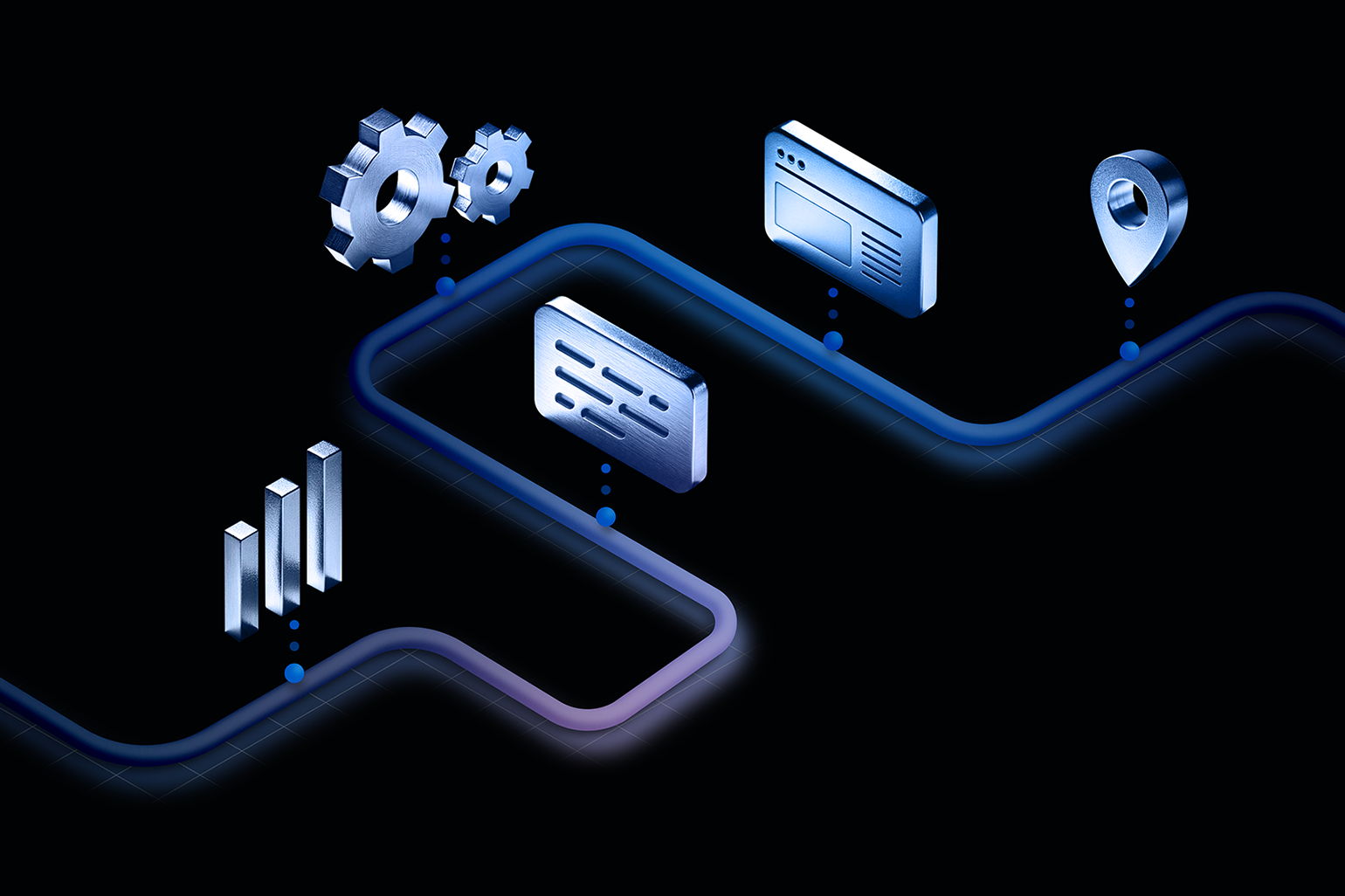Major Upgrades Roll Out with Google Analytics 4

Website analytics can be intimidating for any organization. Knowing how to best leverage the data for web strategy decisions starts with proper implementation of the analytics tool. For the majority of websites, this means Google Universal Analytics, which is being phased out by July 2023. In its place, Google Analytics 4 (GA4) technology offers improved customer journey tracking, predictive analytics capabilities and better user privacy and tracking features, among other improvements.
Google began notifying Google Analytics users last year about the eventual transition and will be reminding them frequently, so web managers shouldn’t disregard this important task.
Google Universal Analytics will stop processing new hits on July 1, 2023, so this change is an eventual necessity. NJI’s Managing Director of Development Claudio Meira advises organizations to make the change sooner. In fact, NJI has already taken care of this update for many existing clients.
Real-time reporting is also improved in this next-generation technology, as well as better tracking of actions taken by website visitors.
“Google Analytics 4 focuses on what matters most to online businesses,” Meira says. “It tells you how users are engaging with your brand.”
Time is of the essence for those considering the switch; it is required by July 1, 2023. Not only that, Universal Analytics will retain historical data for only six months — meaning delaying the transition could mean data loss after January 2024.
Clients will find the user interface friendlier and easier to navigate in GA4. However, managers who truly want to do a deep dive in their analytics can still do that, too.
The new technology also allows website managers to see and improve their user journey and differentiates between actions of users; for example, a simple page view would be counted differently from a page view where a video is played or a product is purchased.
Users should also appreciate GA4 for its advancements in privacy.
The current technology relies heavily on third-party cookies, which track users across multiple websites and are likely the reason you sometimes see advertising on one site based on searches or activity on another site. They differ from first-party cookies, which are only accessible by the site that owns them.
Some people are hesitant about cookies because they are unsure who owns that data or how it’s used. GA4 will use only first-party cookies, in order to be in compliance with new privacy laws like General Data Protection Regulation, the EU’s new data protection law, as well as the California Consumer Privacy Act. GA4 also will use more advanced technology like machine learning to improve privacy and tracking at the same time.
The machine learning in the next-generation GA4 dives into analytics to figure out what a user is doing on the website, giving business owners more insight into how people are using their websites.
Another improvement is in bounce rate tracking. The bounce rate is a closely watched metric by many web managers, as it indicates how many people left the website after viewing only one page. A more interesting and engaging website will encourage people to navigate further, driving down the bounce rate.
With GA4, a similar metric called “engaged sessions” will be used. Engaged sessions are sessions that lasted longer than 10 seconds, or had a conversion event, or viewed more than one page. This number will more accurately show business owners how people are interacting with the site.
Navigating the transition to GA4 early places organizations safely ahead of the curve and provides immediate access to the improved user experience and data points noted above, Meira observed.

